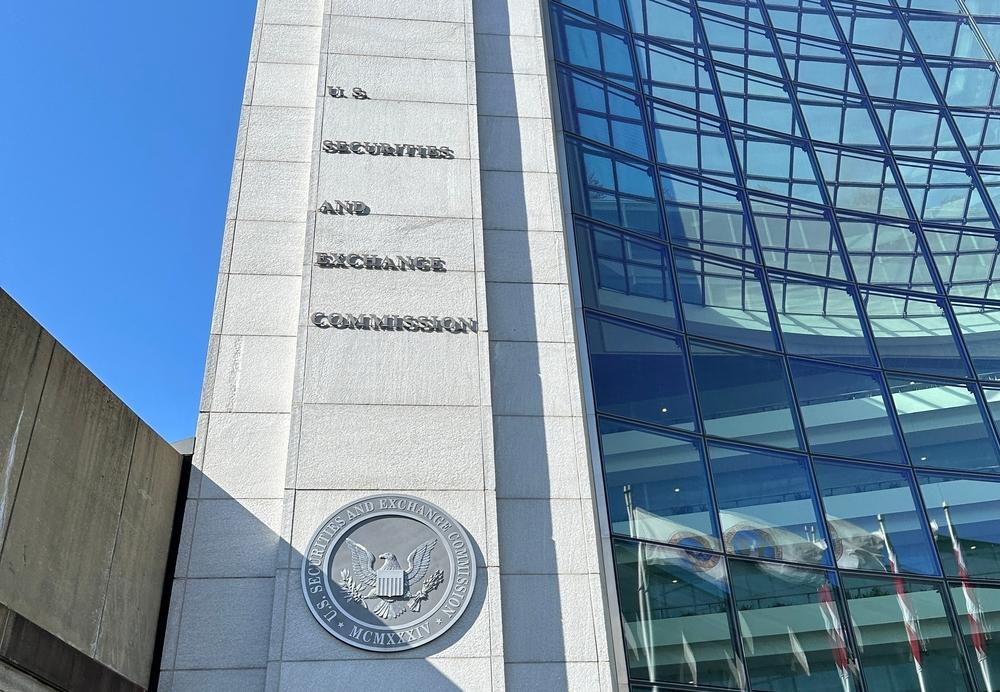On June 1, a significant milestone was achieved in the realm of cryptocurrency as the European Union (EU) endorsed a comprehensive regulatory proposition called "MiCA," encompassing a wide range of digital currencies, including the increasingly relevant stablecoins. The legislation was formally ratified by Roberta Mezzola, President of the European Parliament, and Sweden's Minister for Rural Affairs, Peter Krugren.
The approved legislation will be implemented in a phased manner, with an official publication in the EU Journal and enforcement beginning 20 days after publication. Of particular significance is the regulation pertaining to stablecoins, which will come into effect in July 2024. The remaining regulations, including the notable Travel Rule, will not be implemented until 2025.
This deliberate phased approach allows the market sufficient time to adapt to the new regulatory landscape. Each regulatory body within the EU will commence the development and implementation of new rules based on the MiCA blueprint.
Under the provisions of MiCA, stablecoin issuers are required to hold adequate reserves to support customer assets. Transparent disclosure is mandated, covering aspects such as risk, price stabilization techniques, and asset safeguarding methods.
Furthermore, the law calls for measures to maintain asset liquidity and trustworthiness, regular audits and stress tests, and the protection of redemption rights for token holders.
Significantly, the legislation prohibits stablecoin issuers and digital currency service providers from offering interest on stablecoins to prevent them from operating as banks.
Diego Baron Osio, a legal expert from Clifford Chance Law Firm, provided insights suggesting that DeFi (Decentralized Finance) lending might be considered an ancillary service that falls outside the scope of stablecoin issuers.
In addition to MiCA, Europe has concurrently ratified anti-money laundering legislation, which mandates cryptocurrency service providers to verify the identities of their customers during fund transfers.

























Comment 0